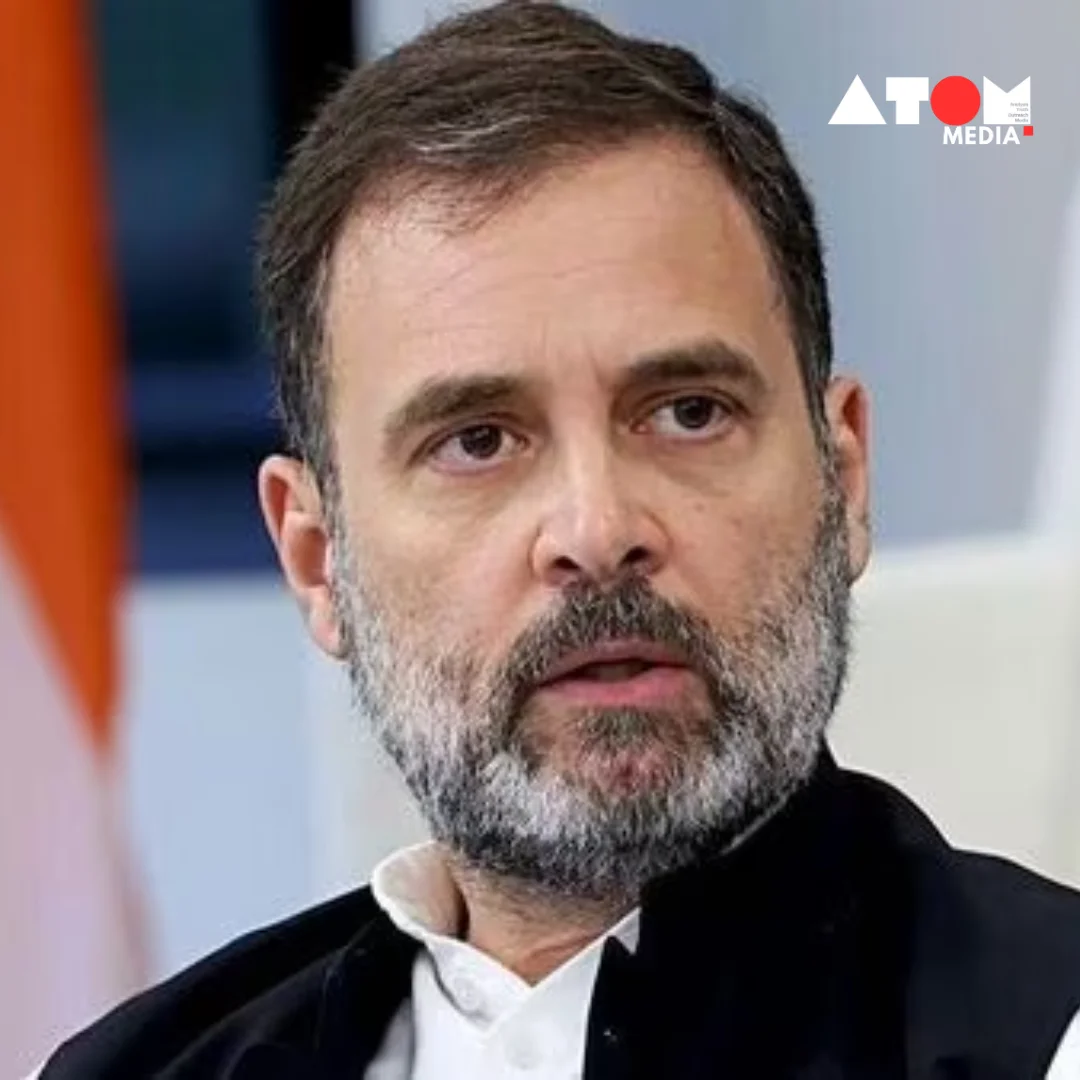A video purporting to show Congress leader Rahul Gandhi addressing the concept of merit and reservation has stirred controversy. In the video, Gandhi uses a story about the SAT exam to demonstrate prejudice in merit-based systems, sparking controversy among viewers.
Rahul Gandhi’s SAT Anecdote
The video in question shows Rahul Gandhi, Member of Parliament for Wayanad, discussing merit and reservation with a group of people. Gandhi refers to the SAT exam, a standardized examination used for admissions at universities and colleges in the United States. According to the video, Gandhi recounts a scenario where “white people failed the SAT exam when black people prepared the question paper.” He utilizes this incident to demonstrate the role of bias in judging merit in educational systems.
Praise and Criticism
Viewers’ reactions to the video have been polarized. Some people applaud Gandhi for tackling the complicated issues of meritocracy and affirmative action. They applaud his efforts to focus awareness on the systemic biases that afflict underrepresented communities. Others, however, critique Gandhi’s narrative for its complexity and accuracy. Some accuse him of creating stories to foment divisiveness and undermine India’s current systems of excellence.
Debating the Validity of the Anecdote
Critics of Gandhi’s anecdote challenge its validity and applicability. They question the correctness of his depiction of racial relations in the context of the SAT. Furthermore, they contend that comparing the SAT to exams such as the Joint Entrance Examination (JEE) for admission to Indian Institutes of Technology (IITs) is inaccurate and improper.
Defending or Discrediting Gandhi’s Narrative
Gandhi’s supporters defend his story, highlighting the importance of addressing underlying inequalities in educational outcomes. They contend that, while the anecdote’s exact specifics may be debated, the basic lesson concerning the role of privilege and bias in merit-based systems remains relevant. Detractors accuse Gandhi of distorting facts and promoting divisiveness. They believe that his anecdote lacks credibility and undermines the integrity of India’s educational institutions.
Amplifying Voices and Shaping Discourse
The video’s virality highlights social media’s capacity to shape public opinion and discourse. Platforms such as Twitter and Facebook act as battlegrounds where opposing narratives compete for dominance. In today’s digital age, information distribution is instantaneous, allowing for the quick spread of both factual and false content. As a result, the public must exercise critical thinking and discernment when engaging in online discourse.
The dispute over Rahul Gandhi’s SAT narrative demonstrates the intricacies of discussions concerning merit, privilege, and affirmative action. While some commend his efforts to confront systemic injustices, others question the accuracy and relevancy of his tale. As the debate heats up, it is crucial to critically evaluate the issues at hand and aim for a healthy dialogue that fosters understanding and development.
Read more: Marketing News, Advertising News, PR and Finance News, Digital News





